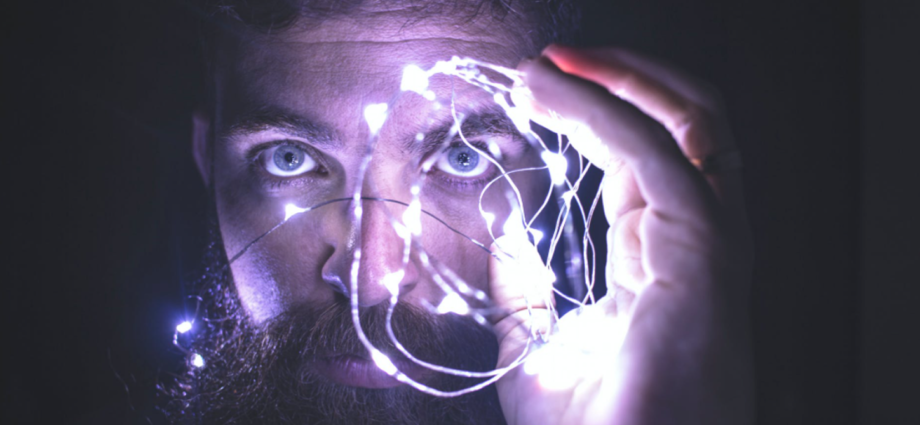|
|
What causes our brain to be addicted? The human brain contains billions of special cells called neurons making up its complex communication network. The neurons exchange signals throughout the brain and our entire body. All of our thoughts, feelings, perceptions, emotions, and drives travel through our neurons. Each neuron resembles a tiny tree with branches (dendrites), a trunk (axon), and roots. Each brain tip reaches out to neighboring branch tips. Each connecting point is called a synapse. Neurons communicate with each other by sending electrical signals to other neurons as we learn and experience new things.
Neurotransmitters
In order to complete the circuit, the gap between two synapse is filled by one or more than sixty neurochemicals. The resulting connection is called a neurotransmitter. These neurochemicals often work in combination. It is important to remember that our brain’s earliest purpose was to provide for our survival. Food, water, sex – all these meant survival of our species.
Neurochemicals
Some examples of our neurochemicals are: Acetylcholine, which control our voluntary muscle movements; CRH (Corticotropin-releasing hormone), which regulates our stress levels; Dopamine, which controls our voluntary movement and emotional arousal; GABA, which works at modulating motion and motor behavior; Glutamate, which modulates motivation, learning and memory; Norepinephrine controls wakefulness or arousal; Serotonin, which controls our mood, memory, sleep, wakefulness and body temperature, to name a few.
Dopamine
An important brain function is its ability to release small quantities of Dopamine into the Limbic System, the brain’s pleasure and emotional center as well as key memory and motivation circuits.
When we experience something good, such as a good meal, a beautiful sunset on the glistening ocean, romantic lovemaking, or a plate of chocolate cookies, our brain experiences a surge of Dopamine. This results in feelings of pleasure as well as recording the actual experience in memory. It allows us to look forward to the next time the behavior that led to the pleasurable event is repeated. A quiet period happens between pleasurable events while the Dopamine neurotransmitters return to their baseline levels.
Drug Spike Turns to Decline
When a drug of choice enters our body, the same pleasure circuits in the brain are activated. The first experience on an alcohol or drug “high” actually causes the surge of Dopamine to spike, possibly higher than ever before. Just like other pleasurable experiences, it is stored in memory so that we can look forward to the next time. Just as with other pleasure events, the Dopamine level recedes, but even below its previous baseline level. The following experience of alcohol or drugs results in a lower spike. Over time the spikes become lower and lower. The brain eventually senses something is wrong and turns off Dopamine production altogether, weakening the entire pleasure circuit function.
Trying to Feel Normal
Since there is no longer any Dopamine being produced, the addict now uses alcohol or the drug to merely feel “normal.” The lack of Dopamine leads the addict to lose control, pursuing larger and larger doses even though the alcohol or drugs have lost their power to reward. Thus robbing the addict of the ability to think straight, use good judgement, make sound decisions or to be successful.
All Drugs Affect Dopamine
While all drugs and alcohol directly or indirectly affect Dopamine, there are other specific drugs that affect other nanotransmitter systems. LSD and Ecstasy interfere with Serotonin functions; Heroin and Morphine binds with and interferes with Opiate receptors in several parts of the brain. This creates a signal for increased surges of Dopamine. Cocaine binds to or blocks Dopamine transporters, causing a flood of Dopamine in the brain. This flood of Dopamine causes the brain to reduce the number of Dopamine receptors which in turn lowers the capacity for pleasure, causing even normal, pleasant experiences to be less pleasurable then they should. Alcohol affects almost every neurotransmitter especially GABA and Glutamate, making it easy to understand why people act the way they do when they are drunk.
Addiction Can Be Managed
If you are suffering with an addiction, it’s not too late to make drastic lifestyle changes. If you are a heavy drug or alcohol user, start winding down and lessen your intake every day. If you can’t, then take advantage of the programs offered in your community and get some help today!
It is important to know that there is no cure for addiction but it can be effectively managed.
This report is not a diagnosis. We hope this information can guide you toward improving your life.
Review our Knowledge Base or the links displayed on this page for similar and related topics.

